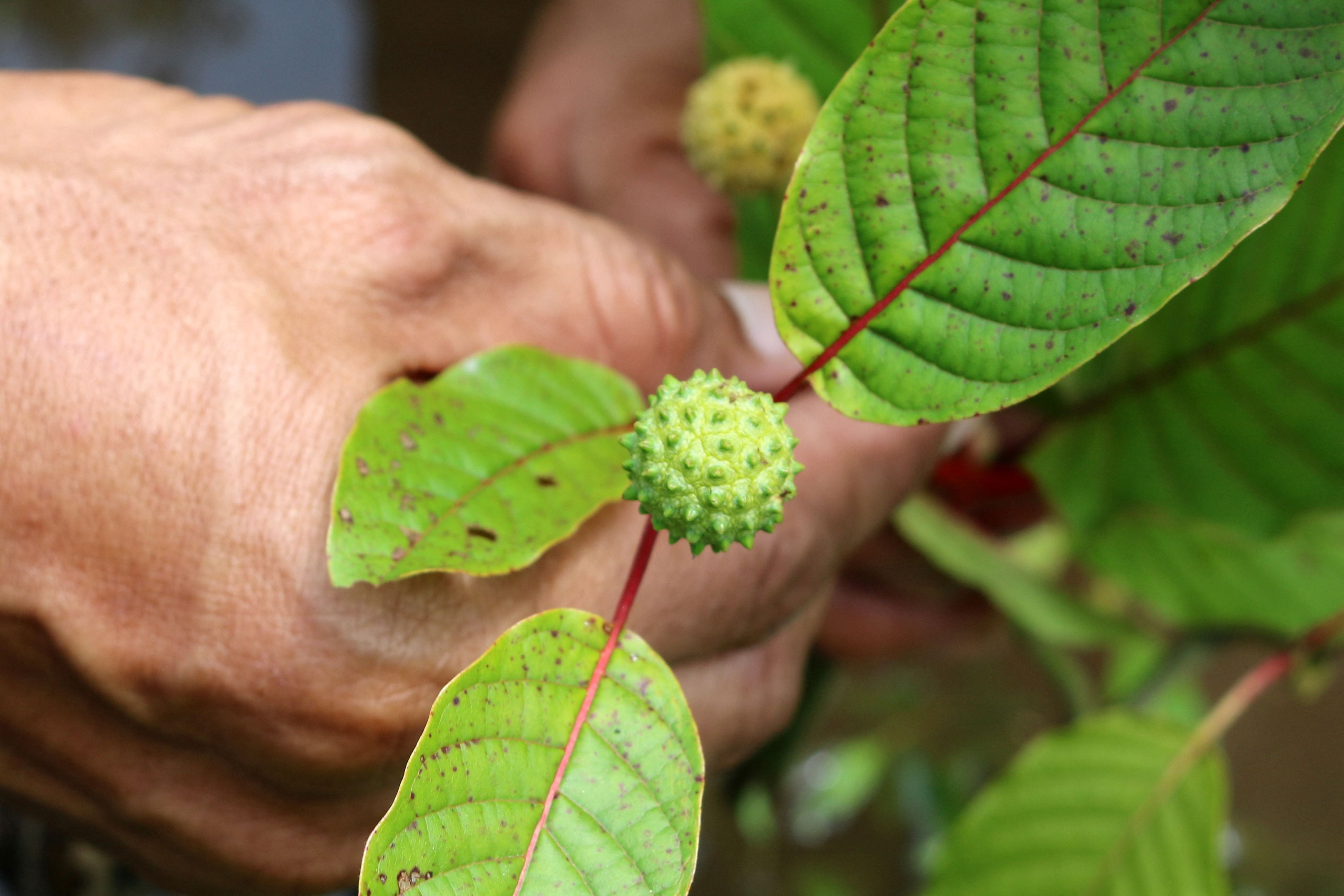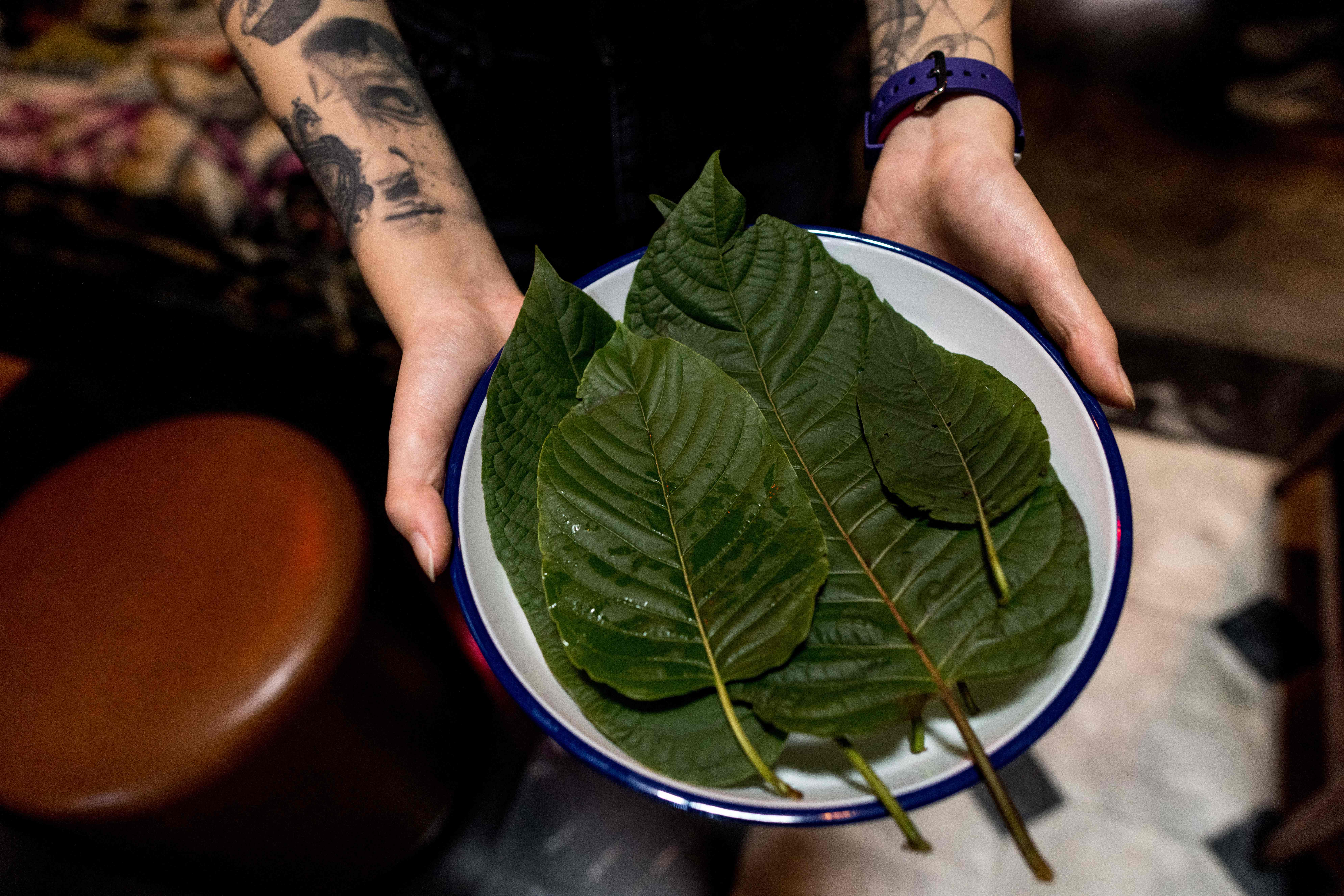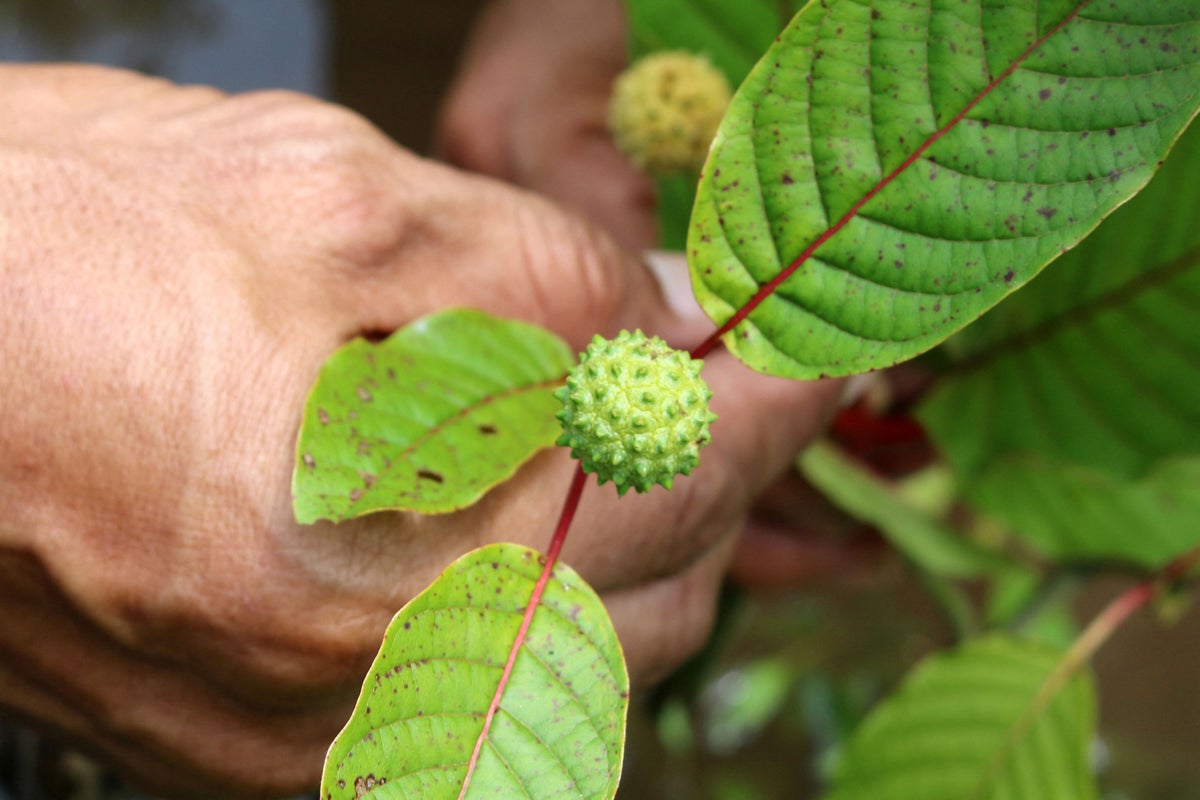Social media users and experts alike are warning people about Feel Free tonics and other products containing the opioid-like substance kratom, an NBC News report reveals.
Products containing kratom, which comes from a plant native to Southeast Asia, are popping up in gas stations, corner stores and vape shops across the country, the Food and Drug Administration warns.
The substance is often used to “self-treat conditions such as pain, coughing, diarrhea, anxiety and depression, opioid use disorder, and opioid withdrawal,” according to the FDA.
Dr. Robert Levy, an addiction medicine expert from the University of Minnesota Medical School, told NBC News he’s concerned about kratom and has treated patients who are addicted to it “many times.”
TikToker Misha Brown posted a video that went viral last month, recounting how a kid approached him at a gas station and asked him to purchase a Feel Free tonic, a drink that contains kratom. When he refused, Brown said the child tried — but failed — to grab his wallet.
The gas station cashier then told Brown she often sees the same customers buying the drink multiple times a day. Brown said the cashier told him, “It’s so addictive, and people lose their minds.”

Brown told NBC News that people started commenting on his viral video, sharing their own “devastating experiences” with kratom products like Feel Free.
John, a TikToker who has posted about Feel Free, said he discovered the tonic when he was eight years sober after struggling with heroin and meth addictions. NBC News identified John by his first name to protect his privacy.
John told the outlet he became addicted and started going through entire cases of Feel Free within a day. He was then hospitalized for withdrawal symptoms in February after trying to quit Feel Free.
The Independent has contacted Feel Free for comment.
Feel Free tonics come in two-ounce bottles. The label says a serving size is one ounce and that users should not consume more than two ounces in 24 hours, NBC News reports. The label also warns that the product is habit-forming and recommends that those with a history of substance abuse should consider not using the product.
“As an addiction medicine doctor, I would never suggest that somebody consume that [Feel Free] that’s in recovery,” Levy told NBC News.
Botanic Tonics, the company that makes Feel Free, told NBC News that “false and misleading claims are being made” about their products.
“Botanic Tonics has sold over 129.7 million servings of feel free to date. We have received fewer than 1,000 consumer adverse event complaints total across all categories, with zero complaints involving severe addiction,” the company told the outlet.

The company noted this indicates “an exceptionally low complaint rate that contradicts sensationalized social media anecdotes being reported as representative of our customer experience.”
Botanic Tonics also paid $8.75 million in 2023 to settle a class action lawsuit claiming the company failed to warn users about the dangers of kratom. The company did not admit wrongdoing by settling the lawsuit.
Late last month, the FDA announced it is recommending scheduling action to control products containing 7-OH, a concentrated byproduct of the kratom plant. The agency says 7-OH has the “potential for abuse because of its ability to bind to opioid receptors.” This recommendation does not apply to natural kratom leaf products, the agency noted.
In response to the announcement, Feel Free said its “Feel Free Classic” tonic only contains natural leaf kratom, which means the FDA’s recommendation will not impact the product.
Kratom may even have life-threatening effects.
“In rare cases, deaths have been associated with kratom use, as confirmed by a medical examiner or toxicology reports,” the FDA said. “However, in these cases, kratom was usually used in combination with other drugs, and the contribution of kratom in the deaths is unclear.”
A Washington family claims kratom killed their son, 37-year-old Jordan McKibban. He died in 2022 after he mixed kratom with his lemonade, his mother Pam Mauldin told the New York Post. McKibban’s autopsy report revealed his death was caused by mitragynine, which is found in kratom.
“I’ve lost my son. I’ve lost my grandchildren that I could have had, I’ve lost watching him walk down that aisle, watching him have a life that I get to watch with my other kids. I’ve lost enjoying these years with him,” she told the New York Post.







